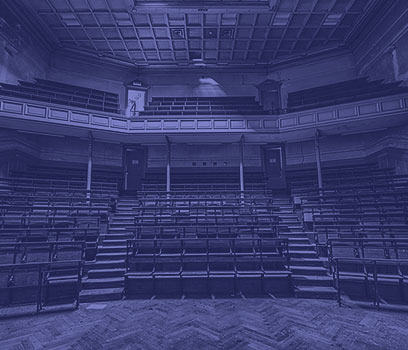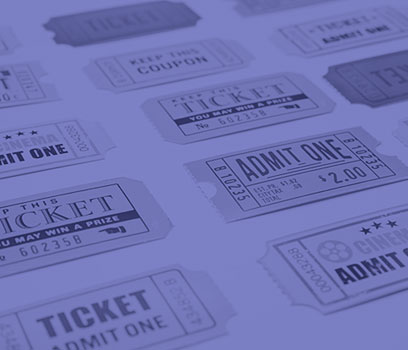Live Event Bookings
Live Events require booking
by their very nature.
Booking and venue management is a necessary part of offering live events. These types of events can include everything from live entertainment, theatre, concerts, dance, film screenings, and sporting events. And, increasingly, “virtual events” have become popular offerings as well.
You can use booking as a way to promote events to new customers. Offering discounts at off-peak hours to fill available seats (or slots), or selling last-minute tickets to events can generate incremental revenue. And of course, using customer information to promote future events is vital.
In addition to offering bookings via your own website or mobile app, you should explore using additional channels including Facebook and Reserve with Google.


COVID-19 Coronavirus Impact
COVID-19 has had a major impact on live events. Venues have needed to reduce in-person attendance levels, switched to virtual events, or are offering “hybrid” events with both a live and streamed audience. These changes have meant that having a flexible booking solution is even more critical.


Booking Systems
The primary use of booking systems is to automate the process of “filling the seats.” For most venues, this has been included in “all in one” systems that provide a comprehensive solution. Historically, these systems have run on locally-managed (in house PCs). However, all providers now operate from the cloud, which has reduced costs and increased flexibility.
The basic features that booking systems provide allow you to effectively operate your events business:
- A web page (or widget) to show the availability of seats, including a seat map (if necessary), entry times, capacity limits, etc.
- Mobile app support, which includes an app (or mobile friendly website) that customers can use, and for your staff.
- Integration with an e-commerce solution that accepts credit and debit cards online (or at the venue, if permitted).
- Ability to configure the availability of events, including for “recurring” offers during the day or week
- Setting pricing, including basic “pricing rules” for your offers based on location at the venue, type of person attending (adult, child, etc), or other factors
- Event registration and seat management or capacity management for a venue (or in the case of virtual events, a maximum number of attendees)
Beyond the basics, most systems also have features to promote your events:
- Ability to track customers that have booked, including a history of activities (or integration with existing CRM as well)
- Ability to send targeted email and marketing messages to new or existing customers, or integrate with e-mail and newsletter tools
- Promotion of your offerings to the online tour operators (OTA) market; this can be done directly, or through your vendor
The types of systems that operators can choose from are widely varying. High end systems provide “all in one” capabilities, where booking is one component of a larger system. Other solutions focus on a single element of booking, for example, providing discounted offers, visibility via a “marketplace” app or website to a region or city, but not providing any other back-end solutions.


Business Models
Depending on whether your vendor is “full service” or “transactional”, you will see a mix of different business models.
If you were to contract for a “full service” system, you might see pricing as follows:
- One-time Installation Fee. Includes on-site installation, training, and custom configuration. This can range from free (if you sign up for annual contract), to hundreds of dollars.
- Monthly Subscription Fee. Covers software and upgrades, and may be per-user, per-activity, or per business location. Some vendors charge only a monthly fee and not commissions.
- Online Booking Fee. Basically, a commission for a transaction. Your vendor may charge directly per booking, or use an integrated payment gateway (POS) and cover the charge through the merchant fee.
- Distribution Channel (“Marketplace”) Fee. This is a commission paid to the network that brought you the sale. Industry standards vary between 10% to 25% per booking.
The industry continues to see a number of new generation “on-line only” players, such as Evite, YouTube, or even Facebook events. Typically, these systems are used by non-profits, smaller businesses or individuals promoting activities.
Additional Channels
In addition to offering bookings from your own website or mobile app, your should also include Reserve with Google and Facebook. These options are commission-free and also important to get visibility for your events.
Reserve with Google
The Live Events vertical has recently launched in the Reserve with Google program with global coverage the Americas, Europe, and Asia. The program fits nicely in the “Google My Business” (GMB) page which should be part of your core marketing effort.
Facebook Appointments
Facebook provides several ways to provide appointments, including their own built-in system, integration with specific vendors, and the ability to add any booking button to your Business Profile. For more information on these options see Facebook Appointments.